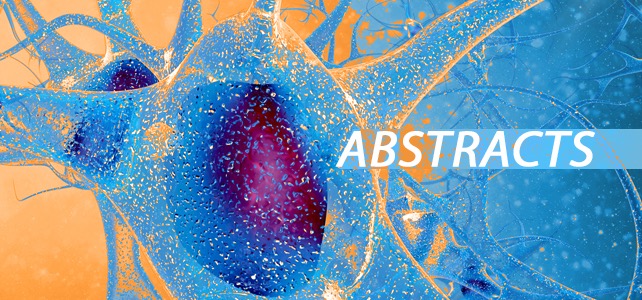Surgery for Drug-Resistant Epilepsy in Children.
Author information
Abstract
BACKGROUND:
Neurosurgical treatment may improve seizures in children and adolescents with drug-resistant epilepsy, but additional data are needed from randomized trials.
METHODS:
In this single-center trial, we randomly assigned 116 patients who were 18 years of age or younger with drug-resistant epilepsy to undergo brain surgery appropriate to the underlying cause of epilepsy along with appropriate medical therapy (surgery group, 57 patients) or to receive medical therapy alone (medical-therapy group, 59 patients). The patients in the medical-therapy group were assigned to a waiting list for surgery. The primary outcome was freedom from seizures at 12 months. Secondary outcomes were the score on the Hague Seizure Severity scale, the Binet-Kamat intelligence quotient, the social quotient on the Vineland Social Maturity Scale, and scores on the Child Behavior Checklist and the Pediatric Quality of Life Inventory.
RESULTS:
At 12 months, freedom from seizures occurred in 44 patients (77%) in the surgery group and in 4 (7%) in the medical-therapy group (P<0.001). Between-group differences in the change from baseline to 12 months significantly favored surgery with respect to the score on the Hague Seizure Severity scale (difference, 19.4; 95% confidence interval [CI], 15.8 to 23.1; P<0.001), on the Child Behavior Checklist (difference, 13.1; 95% CI, 10.7 to 15.6; P<0.001), on the Pediatric Quality of Life Inventory (difference, 21.9; 95% CI, 16.4 to 27.6; P<0.001), and on the Vineland Social Maturity Scale (difference, 4.7; 95% CI, 0.4 to 9.1; P=0.03), but not on the Binet-Kamat intelligence quotient (difference, 2.5; 95% CI, -0.1 to 5.1; P=0.06). Serious adverse events occurred in 19 patients (33%) in the surgery group, including hemiparesis in 15 (26%).
CONCLUSIONS:
In this single-center trial, children and adolescents with drug-resistant epilepsy who had undergone epilepsy surgery had a significantly higher rate of freedom from seizures and better scores with respect to behavior and quality of life than did those who continued medical therapy alone at 12 months. Surgery resulted in anticipated neurologic deficits related to the region of brain resection. (Funded by the Indian Council of Medical Research and others; Clinical Trial Registry-India number, CTRI/2010/091/000525 .).
- PMID:
- 29069568
- DOI:
- 10.1056/NEJMoa1615335
- [Indexed for MEDLINE]

